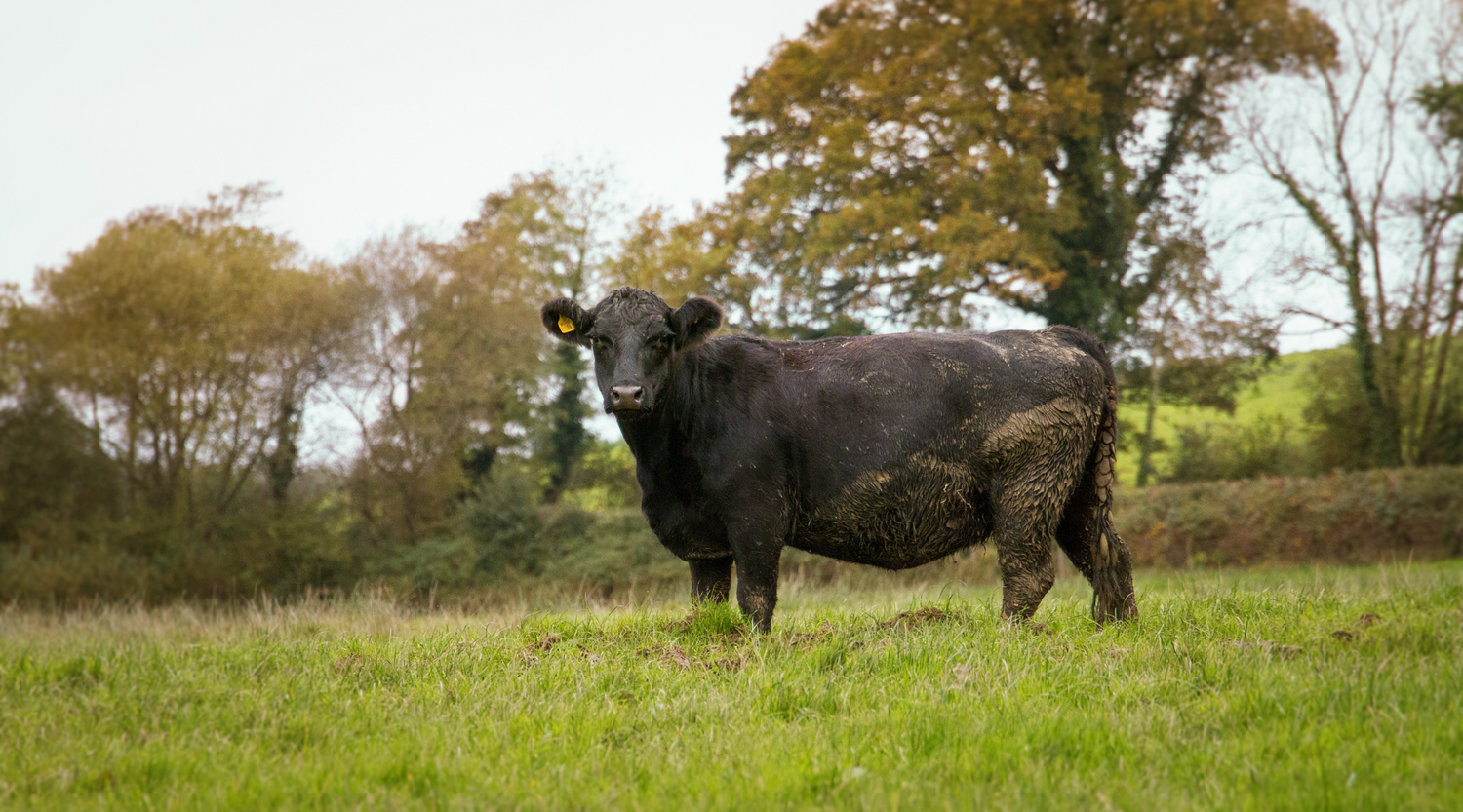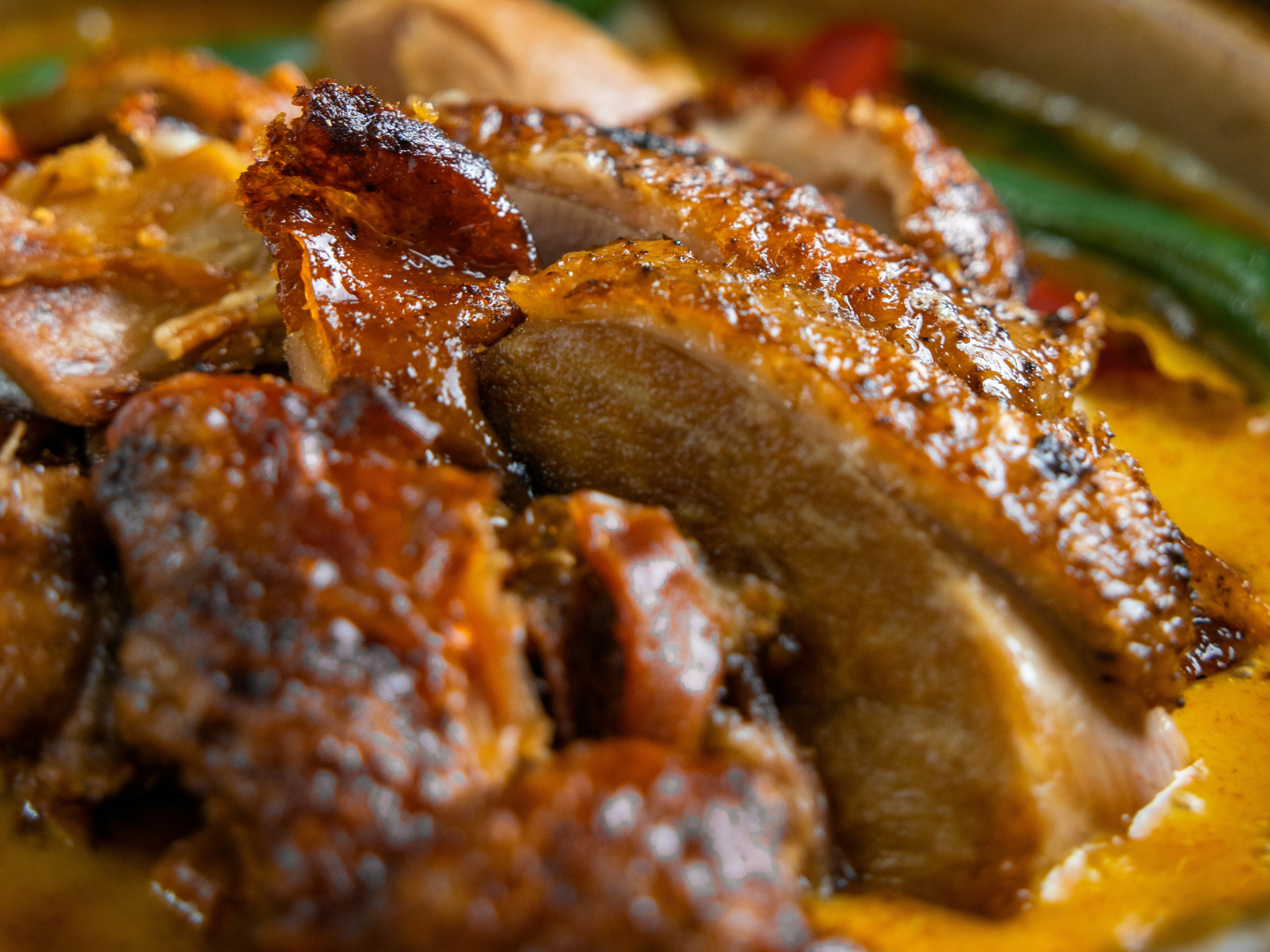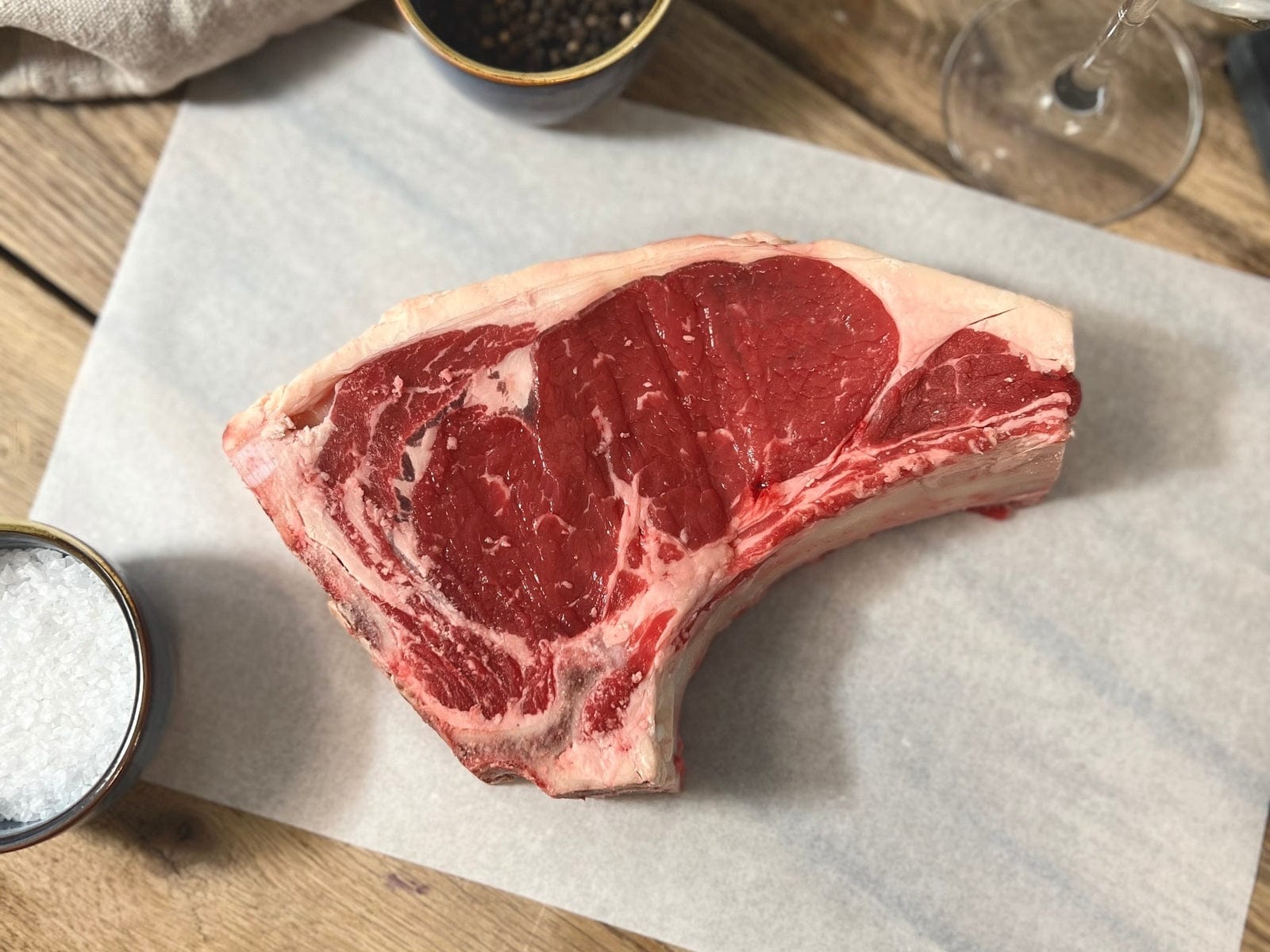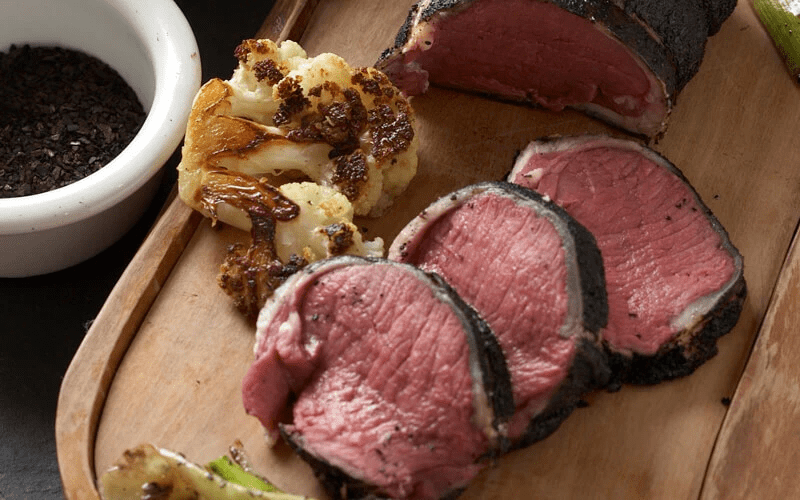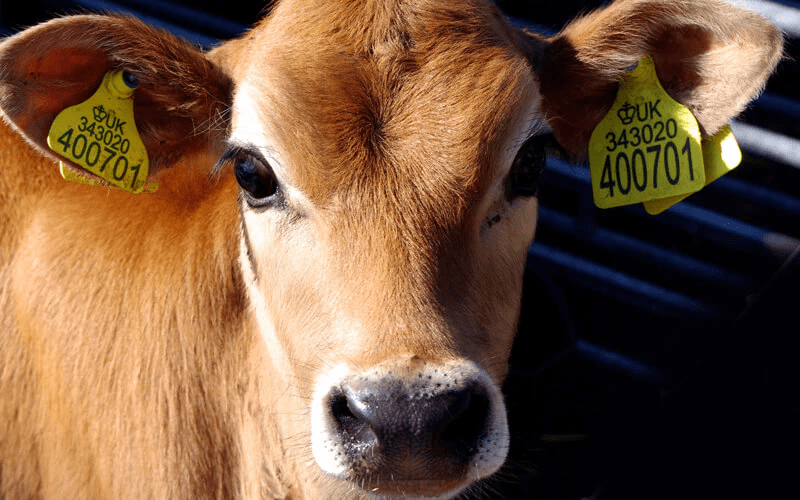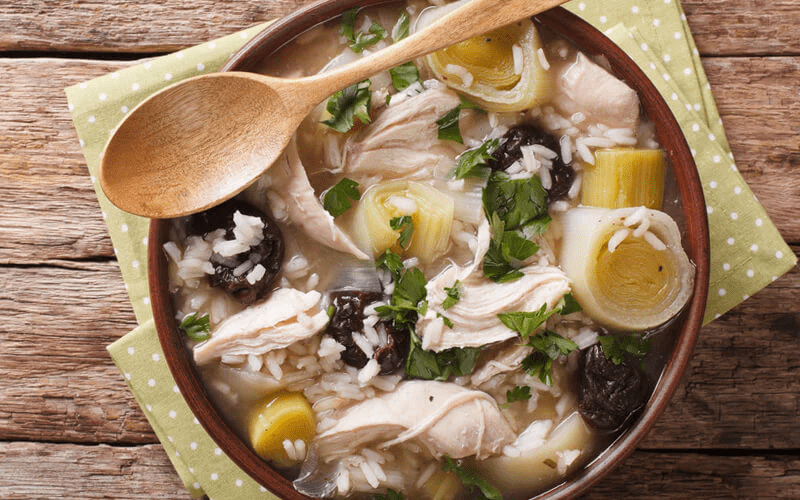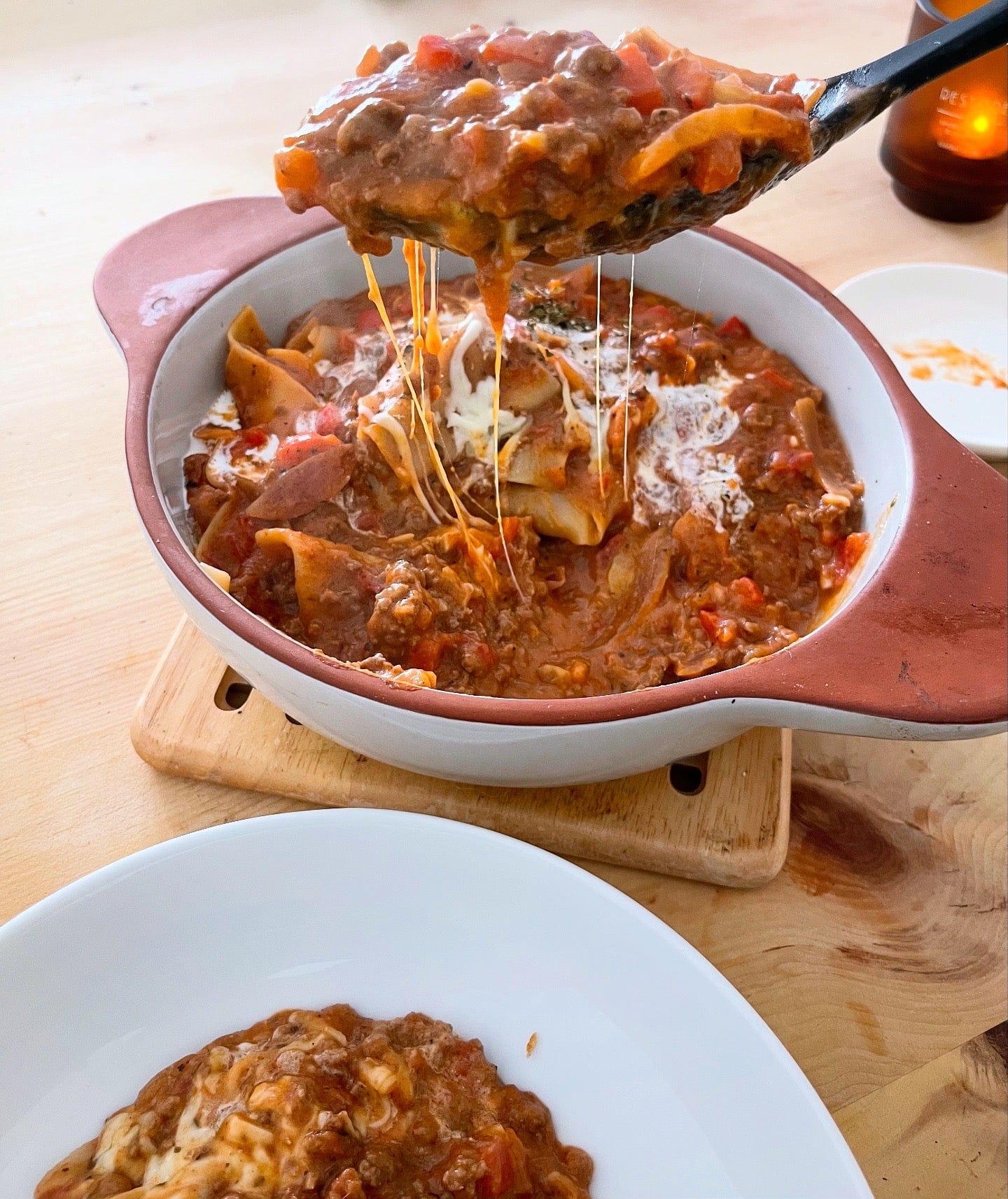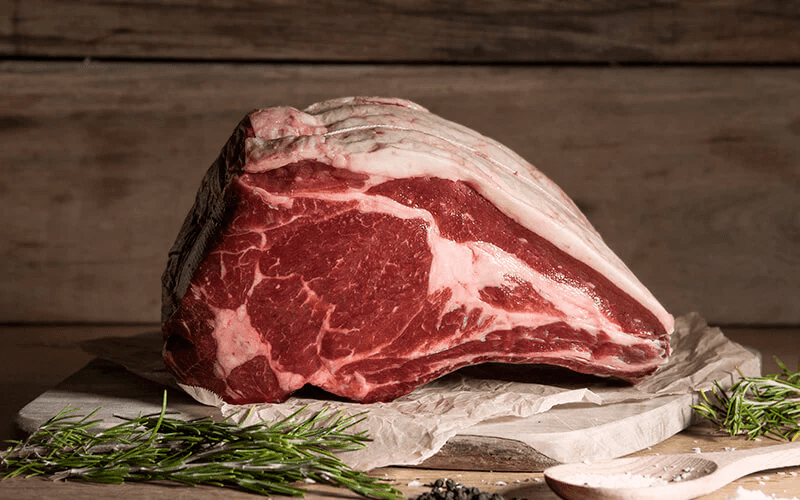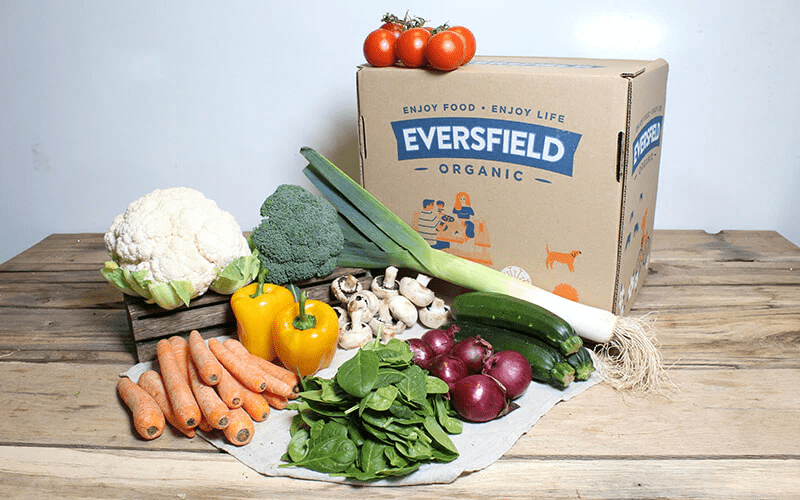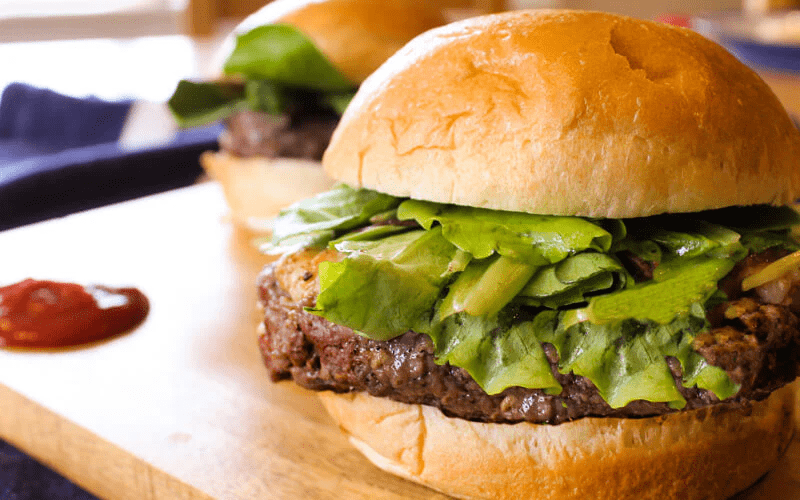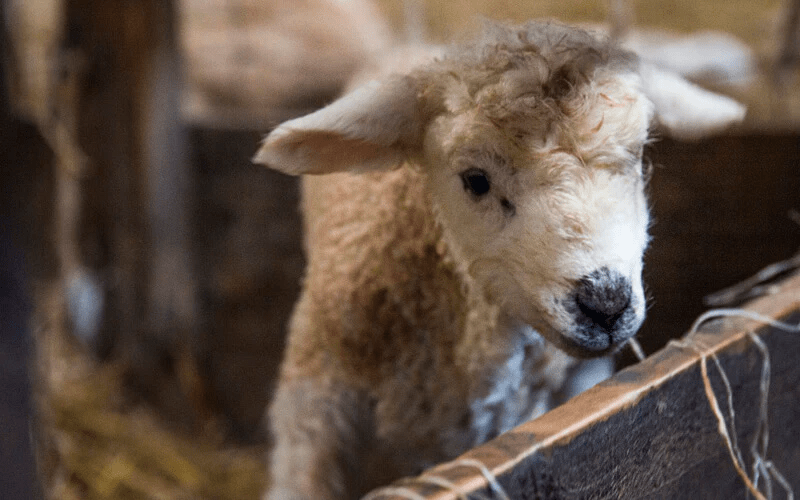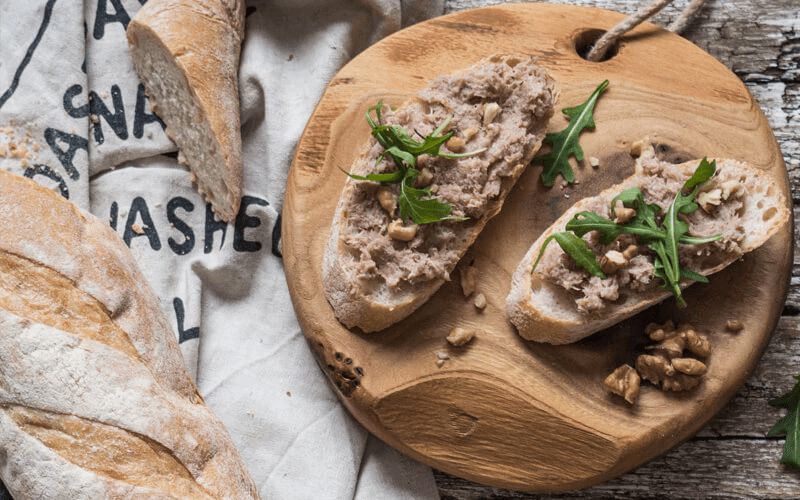What is the difference between grass fed and Pasture For Life meat? Answering one of our most frequently asked questions.
Terminology can be confusing - what’s the difference between outdoor reared and free range, farm fresh or barn raised? In this era of greenwashing, it is always wise to dive behind the labels to find out more about the food that we eat.
Something that we are often asked about is the difference between our grass fed and Pasture For Life meat. Surely pasture and grass are the same thing? Well; yes and no. Let us tell you more.
What Is Grass Fed Meat?
Grass fed refers to animals that primarily graze on pasture grasses and forage throughout their lives. At certain times of the year, when weather or other factors mean that extra nutrition is required, this grass diet may be supplemented with organic feed to keep the animals healthy and happy. This natural diet is believed to result in meat that is leaner and higher in certain nutrients like omega-3 fatty acids and antioxidants. At Eversfield Organic, we ensure our grass fed meat comes from animals raised on organic pastures, where they have ample space to roam and graze naturally.
Understanding 'Pasture for Life' Certification
The Pasture for Life certification goes beyond simply being grass fed. It guarantees that animals have been 100% grass fed for their entire lives, either by direct grazing, or by eating the same grass dried as hay in the winter when the available grass may be sparse and lacking nutrition. Farms certified under Pasture for Life adhere to strict standards that promote rotational grazing, which helps regenerate soil and capture carbon dioxide from the atmosphere.
According to the Pasture for Life Association, animals raised under these conditions produce meat that is not only more nutritious but also supports biodiversity and soil health.
However, not all of our meat is Pasture for Life certified. This is because the costs associated with seeking and maintaining certification may be prohibitive for our small organic suppliers. While our organic farms adhere to best practices and Pasture for Life principles, only the officially certified farms can call their meat Pasture for Life.
Why We Have Limited Supplies of Pasture for Life Meat
You might have noticed that our Pasture For Life range is limited and sometimes out of stock. This is due to a couple of key factors. We rely on the small number of organic farms that have applied and gained Pasture for Life certification and these farms rely on favourable weather conditions to grow nutritious grass. This means that supply can be as changeable as our British weather.
Furthermore, our commitment to supporting local and small scale organic farmers means that our supply chain is inherently smaller compared to some larger operations. We prioritise quality over quantity, ensuring that each cut of meat meets our rigorous standards for taste, nutrition, and sustainability.
Our Pasture For Life Range
To shop our range of Pasture For Life organic meat, browse the collection today and feel confident that each purchase supports sustainable agriculture and our network of dedicated, passionate organic farmers.
Join us in making a difference one meal at a time.
For more information on Pasture for Life certification and the benefits of grass fed and outdoor reared meat, visit the Pasture for Life Association's website at www.pastureforlife.org.


